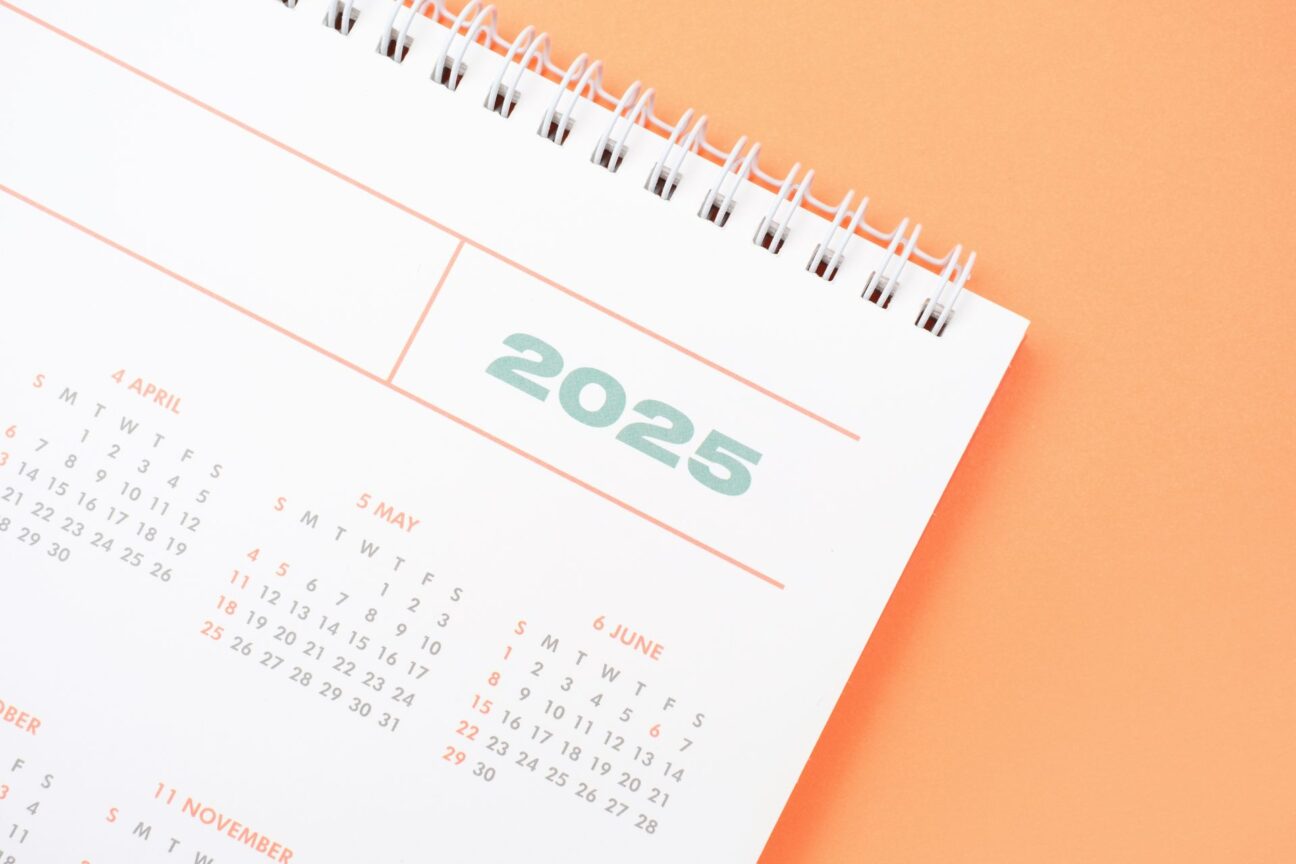
As the year draws to a close, there’s a lot to juggle – wrapping up projects (as well as presents), preparing for the festive season, and meeting those final targets and deadlines.
But while things are busy, it’s the perfect time to start planning your marketing for 2025. With a clear plan in place, you can set your business up for a strong start to the new year.
Why planning ahead for 2025 matters
Having a marketing plan doesn’t just mean setting a few goals; it’s about putting your business on the right track for growth and success. Reviewing what worked well this year, learning from any challenges, and setting out clear goals will help your team head into the new year ready and focused.
Starting 2025 with a clear roadmap helps you avoid delays, stay organised, and make the most of new opportunities.
What to consider in your 2025 marketing plan
1. Reflect on 2024’s wins and challenges
To make sure your plans build on what you’ve achieved so far, it’s important to take a look back over the past year.
- What worked well? Think about successes that you can build on in the new year.
- Were there any challenges? Take note of what could be done differently and any lessons learned.
- Use data from 2024 to guide your 2025 plans, so you’re working with what’s been effective and adjusting where needed.
2. Define clear goals and milestones
Your marketing goals should stem from your overall business goals. Consider what you’re looking to achieve and go from there.
- Set realistic and focused targets for 2025 that you can work towards as a team.
- Break larger goals down into manageable quarterly milestones to help track progress along the way.
3. Keep an eye on market changes
Things change year-on-year. What impacted your marketing plans for this year might have been very different to what might impact them for next year.
- Take a look at the wider industry and market trends. Are there any new changes in customer or competitor behaviour that might affect your business?
- Consider how customer needs, technology, or economic factors may evolve in 2025 and how your business can respond.
- Being proactive about these shifts keeps your business relevant and ready for what’s next.
4. Identify resources you’ll need
It’s one thing having a plan but it’s important to make sure you have the people in place to deliver it and achieve your goals.
- Think about what you’ll need to make your 2025 goals happen, whether it’s additional skills, new team members, or fresh technology.
- Look for any gaps in resources or tools that could strengthen your team or make processes more efficient.
- Getting things in place now means you’ll be better prepared to hit the ground running in the new year.
5. Start with Q1 and stay flexible
Things might not always work out how you planned them – that’s why you must stay agile.
- While planning the full year ahead is helpful, focus especially on setting clear goals for the first quarter.
- Schedule regular check-ins (monthly or quarterly) to review your progress and make adjustments as needed.
- Staying flexible helps you adapt as things change, so you’re always moving in the right direction.
Make planning a team effort
Bringing in ideas from across your team can lead to a more creative, well-rounded plan. Plus, involving everyone helps ensure that your team is fully on board and motivated for the year ahead.
Get ready to make 2025 a brilliant year!
The new year is full of potential, so why not start it with focus and confidence? By setting time aside now to plan, you’re giving your business a head start.
If you’re ready to plan for 2025, get in touch with us to arrange a planning session tailored to your goals. We’re here to help your team get off to a great start and make 2025 your best year yet.